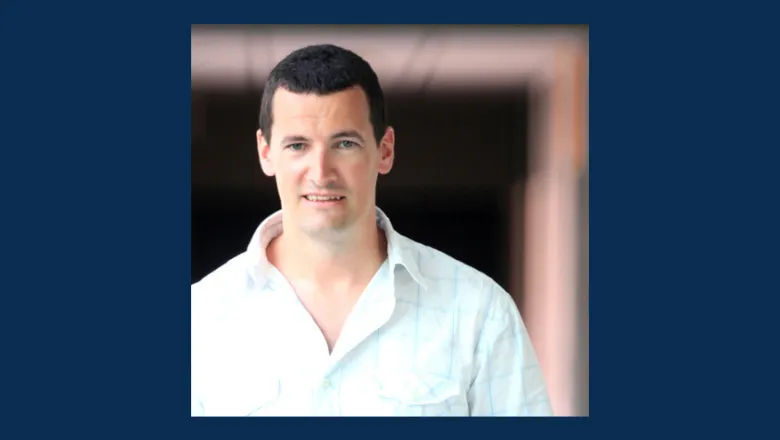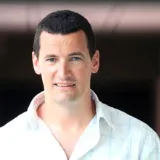The project with GSK will build on this previous work and identify new drug targets that will block the function or kill macrophages in human cancer. These might include antibodies that react with molecules on macrophages with toxins attached to kill the cells. We may also be able to find targets that block the cancer promoting roles of macrophages but don’t kill them.
Professor Toby Lawrence from the School of Immunology & Microbial Sciences
13 September 2021
Professor Toby Lawrence joins GSK Immunology Network
Professor Toby Lawrence from the School of Immunology & Microbial Sciences has been selected to join GSK Immunology Network on a sabbatical program.

The prestigious three-year programme, which includes three academics from across the UK, allows scientists to spend time at GSK to inspire new science and foster collaborations, to drive major breakthroughs in applied immunology.
Professor Lawrence’s research will develop new drugs to target a specific subset of immune cells in cancers known as macrophages. Macrophages are phagocytic cells that usually kill microbes and are important for control of infections. But these cells also accumulate in tumours and a high number of macrophages indicates a poor prognosis for cancer patients. Research has shown that macrophages contribute to cancer growth.
Professor Lawrence’s own research team have developed antibody-targeted cytotoxic nanoparticles to kill macrophages in tumours. Preclinical methods have shown that this can cause cancer tumours to shrink.
He added: “Teaming up with GSK means we can translate our basic research to patient benefit and realistically bring new drugs to the market. This is a unique model for collaboration between academia and industry that has the potential to greatly accelerate translation of academic research to drug development and eventually patient benefit.”
Gillian Tannahill, Scientific Director, Immunology Network GSK said, “We are delighted that Professor Lawrence has joined our researchers at our global R&D hub in Stevenage. Toby has played a key role in deciphering myeloid mechanisms in both inflammation and cancer and will contribute significantly to our vibrant immunology community at GSK. We look forward to sharing ideas to deepen our understanding of immune dysfunction in disease and ultimately develop transformational medicines for patients”

